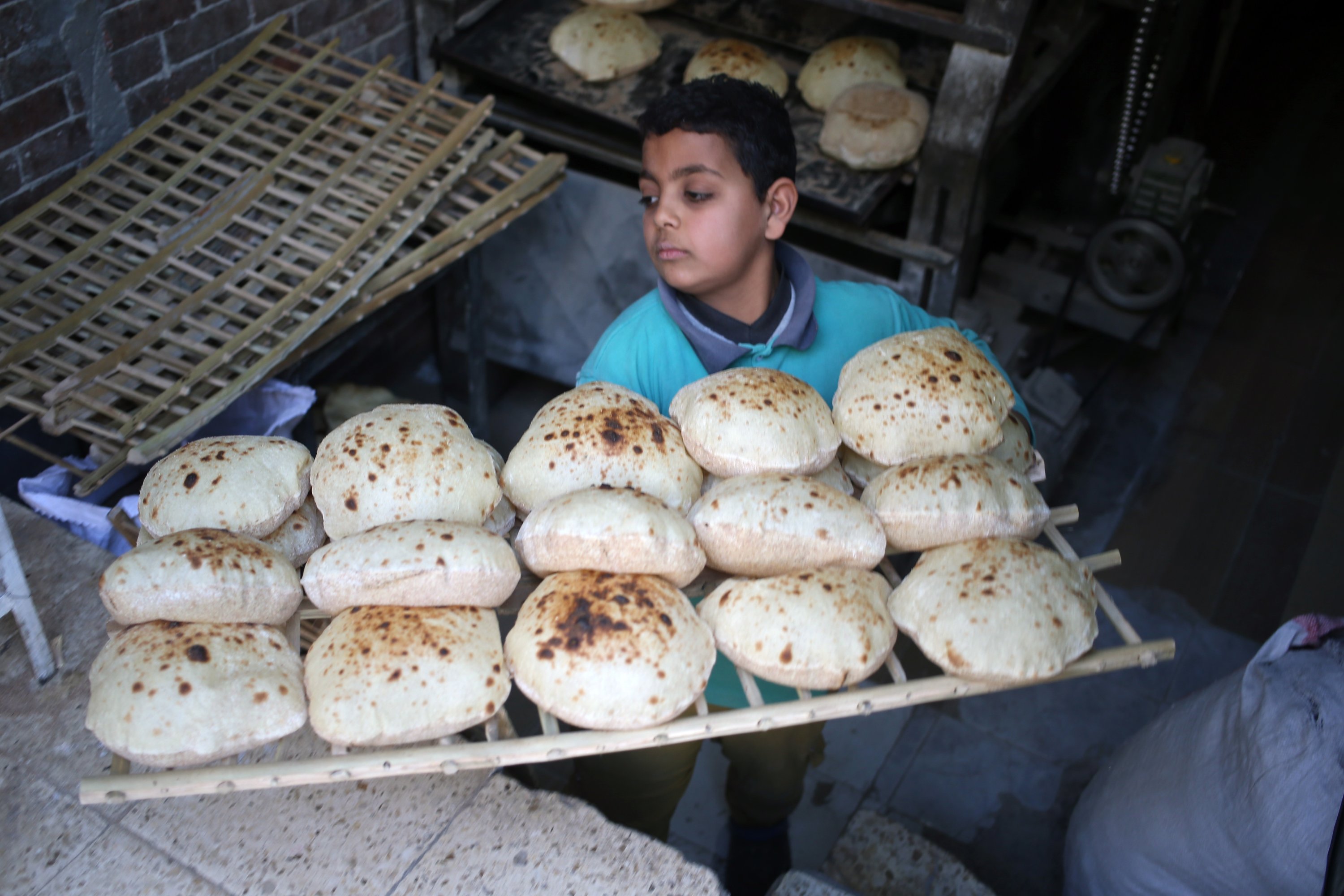
The European Investment Bank (EIB) is set to provide Egypt with a EUR 150 million (EGP 3.8 billion) loan, to assist with local and global food shortages, announced Eefje Schmid, head of the Policy and Impact Unit at EIB Global Strategy and Partnerships Department.
Egypt’s estimated needs amount to $10 billion for the energy sector at NWFE program between 2023 and 2030, the EIB official said, noting that this is a critical period during which climate action should be activated before it is too late.
She voiced commitment to financing high-quality green energy projects with the help of the private sector.
The EIB normally finances up to 50 percent of the project cost, also hoping to attract private sector financers, Schmid noted.
The EIB is also seeking to finalise its 78 million euro agreement with the Egyptian government to help it implement a wastewater treatment project in Helwan, Schmid said. The ventures are part of the NWFE program that address water problems, she added.
EIB provided EUR 1 billion (EUR 531m for climate) last year in the country and increased support to sustainable transport, climate action, water, and business investment across Egypt.
In addition, the EIB is keen on finalizing its EUR 78 million (EGP 1.9 billion) agreement with Cairo to help implement two wastewater projects in Helwan, and to support the upgrading of the 118 km Tanta-El Mansoura-Damietta railway line the Delta region with EUR 221 million (EGP 7.3 billion to be adjusted).
This comes amid the wider context of the EIB’s continued investment in accelerating climate action and clean energy across the world, Africa included.
Egypt has been battling aggressive inflation, water poverty, and food shortages as a result of global scarcity, which only deepened by the Russia-Ukraine war. This is largely due to the country’s dependence on imports to meet its local demand. The Egyptian government has made moves to combat this scarcity by implementing penalties on those withholding strategic goods, and developing large-scale agricultural projects in order to lessen its reliance on foreign imports and increase domestic output.






Comments (3)
[…] the wake of the Ukraine-Russia war, soliciting loans from the International Monetary Fund (IMF) and European Investment Bank (EIB) in order to do so. With Russia and Ukraine representing 80 percent of its imported […]
[…] EIB Offers Egypt €150 Million for Food Sector […]